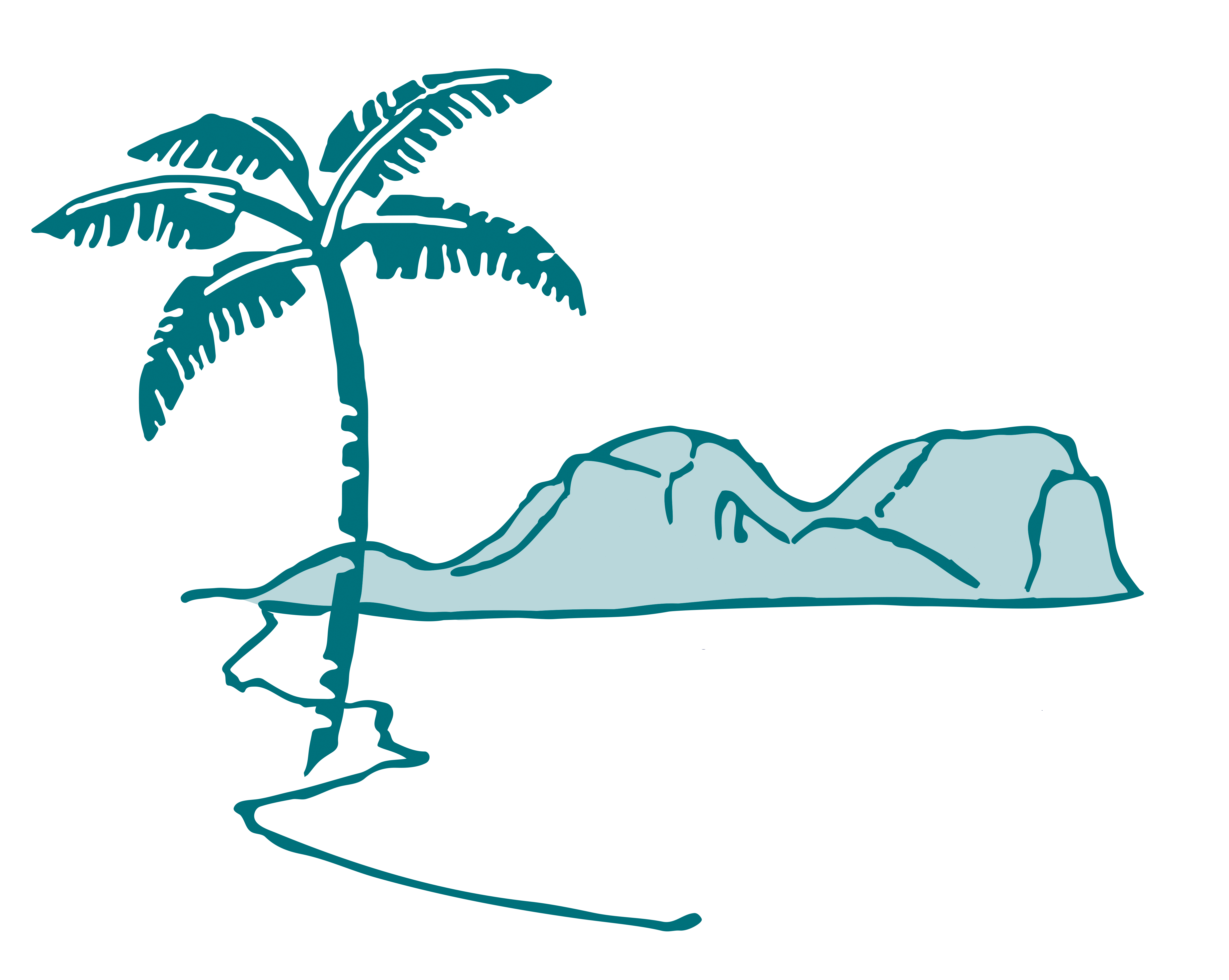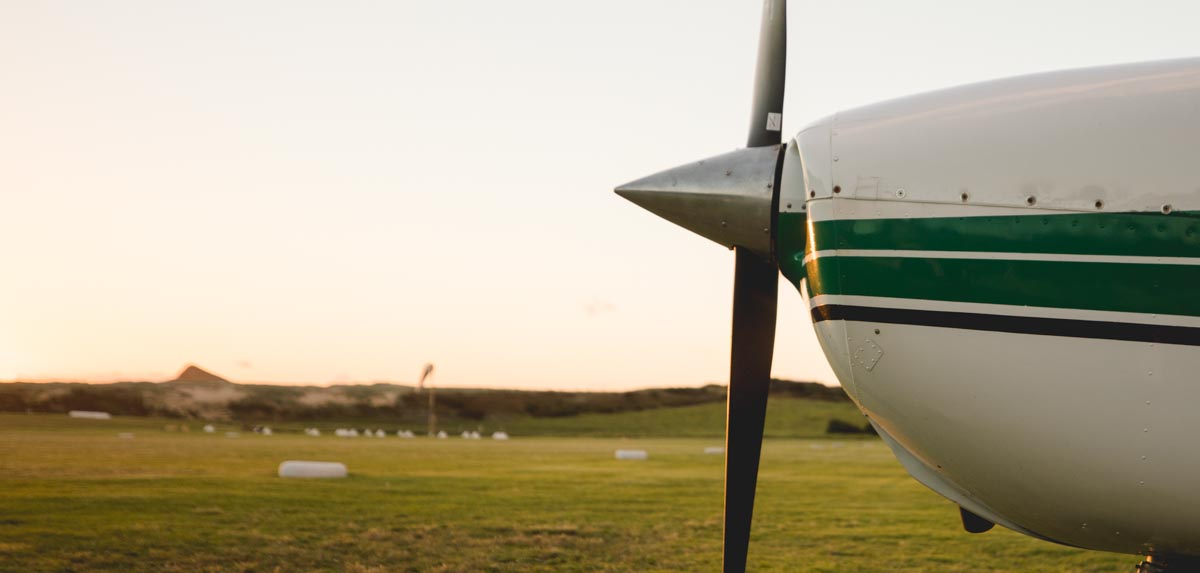Before you fly to Lord Howe Island
All aircraft are required to apply to the Lord Howe Island Board for entry to Lord Howe Island and complete all applicable biosecurity requirements.
- Application for Entry - General Aviation.pdf (PDF)(198.48 KB)
- LHI Requirements - Lord Howe Island Biosecurity - Aviation (PDF)(259.76 KB)
Operational details
Lord Howe Island Airport is a Certified Security Controlled Airport in accordance with Civil Aviation Regulations and Aviation Transport Security Regulations. As a result, a high degree of safety and security requirements and regulatory controls are in place.
Operationally the Code 2C runway is 888m in length with a grooved asphalt surface. Aerodrome operating times are daylight hours only. Solar-powered runway, taxiway and obstacle lighting is available and activated on request for emergencies only.
The Airport also provides an Automatic Weather Information Service (AWIS) and an Aerodrome Frequency Response Unit (AFRU) or 'Beep Back'.
Costs
Refer to the Fees and Charges area of this website for current costs associated with Airport use.
Safety
All aircraft operators are strongly encouraged to read the Lord Howe Island entry in the En-route Supplement of Australia (ERSA – FAC & RDS) published by Airservices Australia. The Obstacle Limitation Surface (OLS) is extensively infringed with terrain to the south and east. Due to the topography of the Island, wind conditions may generate severe turbulence. Bird hazard also exists at the aerodrome.
Entering Australia via Lord Howe Island
Lord Howe Island is not a First Point of Entry.
Biosecurity requirements
As the operator of an aircraft that will be landing on Lord Howe Island, you will likely be a carrier of biosecurity matter. As such, you have a vital role in helping us protect paradise, on Lord Howe Island.
There are certain actions that you are required to undertake before your departure to Lord Howe Island.
These actions are simple, and effective. The small amount of time it takes to perform these checks and actions can wholly prevent the introduction of harmful pests and diseases.
Failure to fulfil your general biosecurity duty and/or those actions prescribed in the regulations, or making a false declaration, may result in refusal of the aircraft to land/stay on Lord Howe Island, or penalties being issued under the NSW Biosecurity Act 2015.
Frequently asked questions
Yes. There have been at least two separate incidents where exotic skinks were transported to Lord Howe Island, most likely in the luggage of those who arrived on private aircraft.
Small animals, including insects, geckos, skinks, and mice are all known to have been unintentionally transported to remote islands in personal luggage.
No live animals are permitted for import to Lord Howe Island without prior approval from the Lord Howe Island Board. This includes all domestic animals and pets.
Yes. It is, however, incredibly important that all food items are carefully inspected for any presence or sign of pests.

